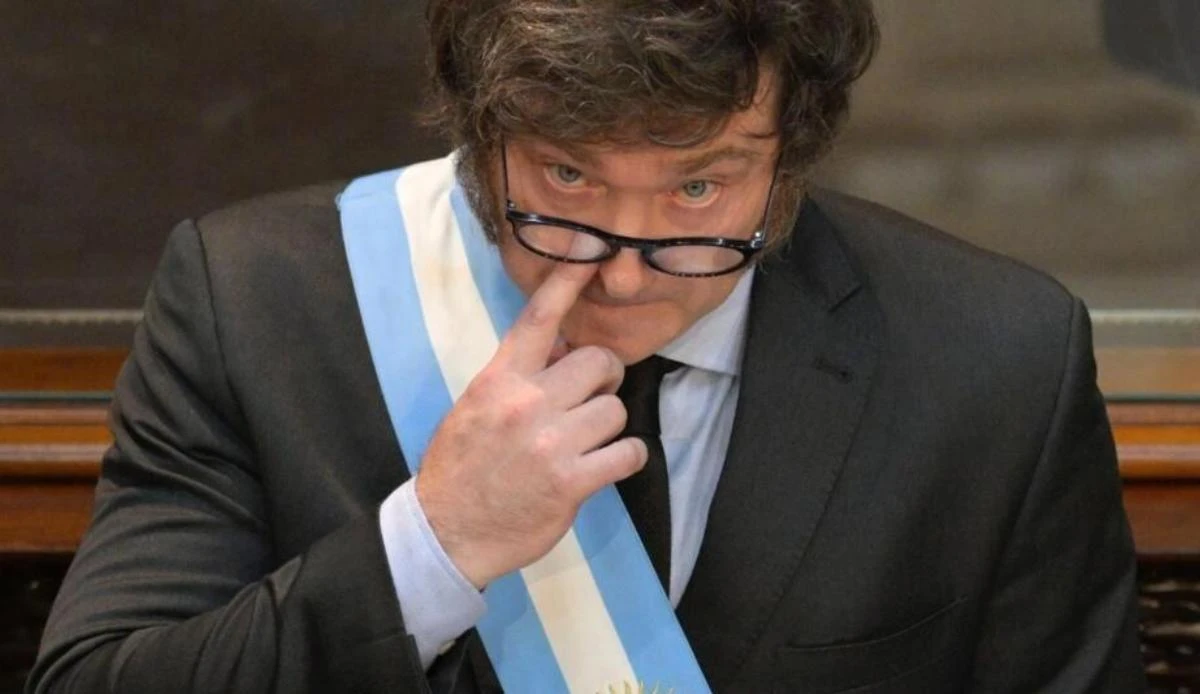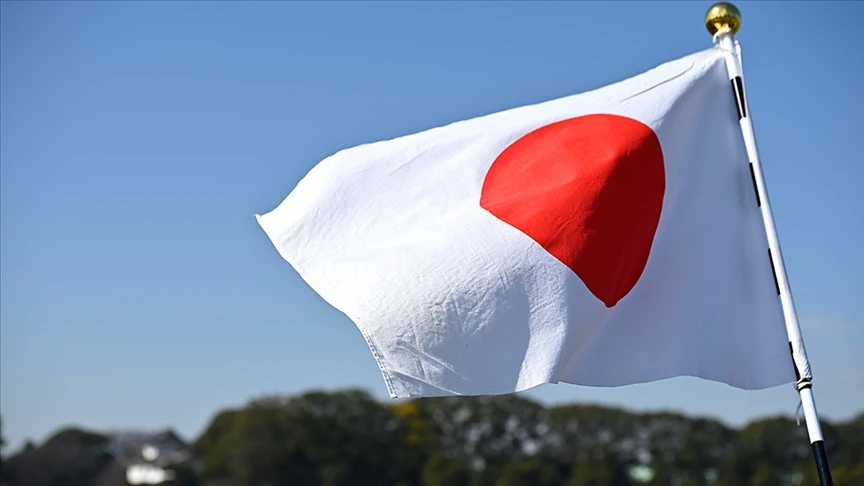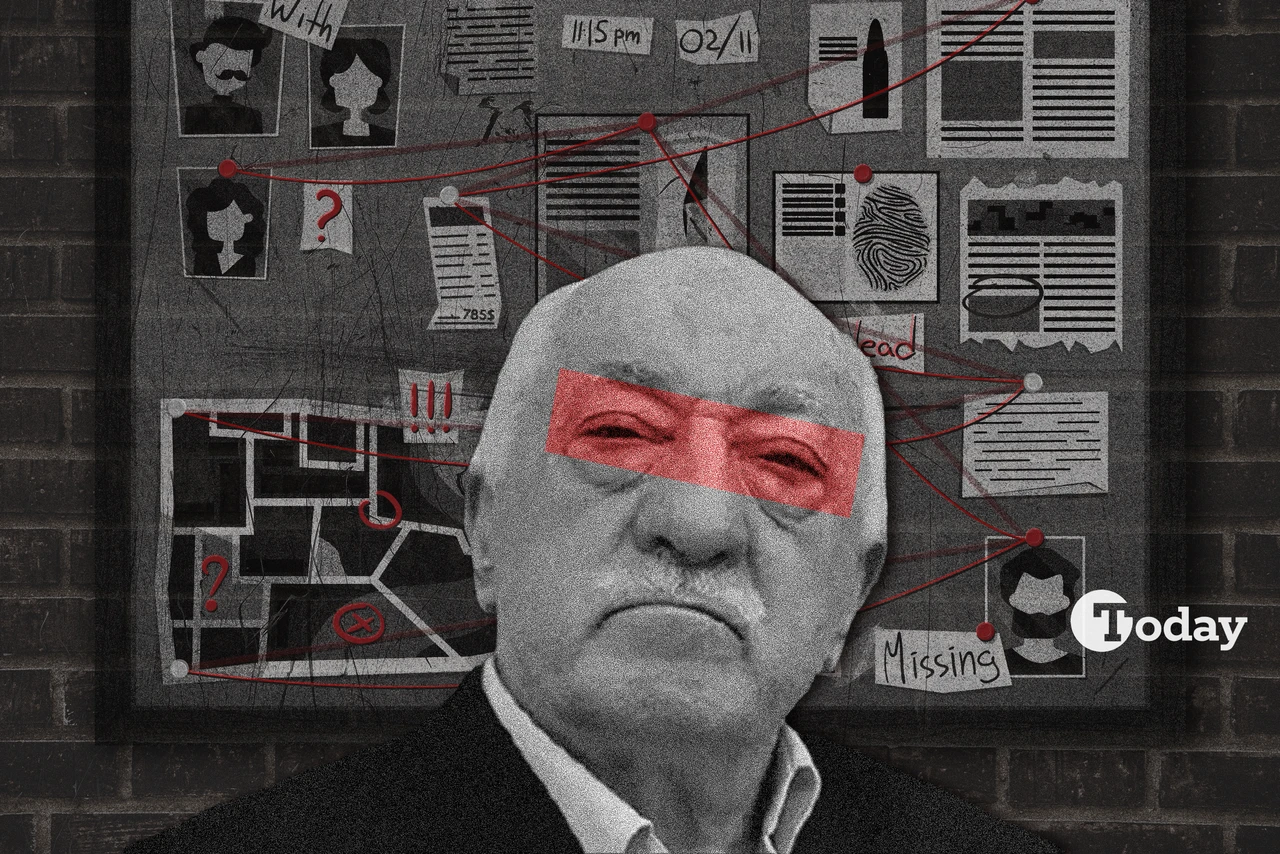Argentine president sparks controversy with stark anti-abortion remarks

Argentine President Javier Milei strongly opposes abortion, stating it is “murder” and calling those who support it “murderers.
Argentine’s libertarian President Javier Milei recently spoke to youth at a Catholic school in Buenos Aires, which he previously attended, and delivered an impassioned statement against abortion.
Milei said, “I warn you that to me abortion is murder… and I can prove it to you from a mathematical, philosophical, and liberal perspective,” in a lecture given only two days before International Women’s Day. Well-known for his anti-abortion views, Milei did not hold back when he called those who supported legalizing abortion in Argentina “murderers.”
Three months after taking office, Milei has moved quickly to implement controversial policies. These include closing Argentina’s national anti-discrimination agency and abolishing the women’s affairs ministry. His spokesperson has defended these actions by stating that they are necessary steps to reduce spending in the face of a dire economic crisis marked by astonishing annual inflation rates of 250 percent.
Recently, Milei’s government made news when it banned the use of gender-inclusive terminology in the military and across the public sector as a whole. In January, Milei delivered a critical speech to world leaders at the Davos summit, criticizing socialism, “radical feminism,” abortion rights activism, and the idea of “social justice.”
In Dec. 2020, abortion became legal in Argentina, despite strong resistance from Roman Catholics and Evangelical Christians. The practice is allowed up to the fourteenth week of pregnancy. Recently, a legislator from Milei’s La Libertad Avanza party introduced a measure that aims to rescind the legality of abortion by arguing that it should be considered a crime.
Manuel Adorni, the spokesman for the president, quickly distanced the executive branch from the proposal, claiming that it is not in line with the administration’s present goals and that “we have more urgent issues.”
Source: AFP



